2025 ICDC International Capstone Design Camp Grandly Held in Taiwan
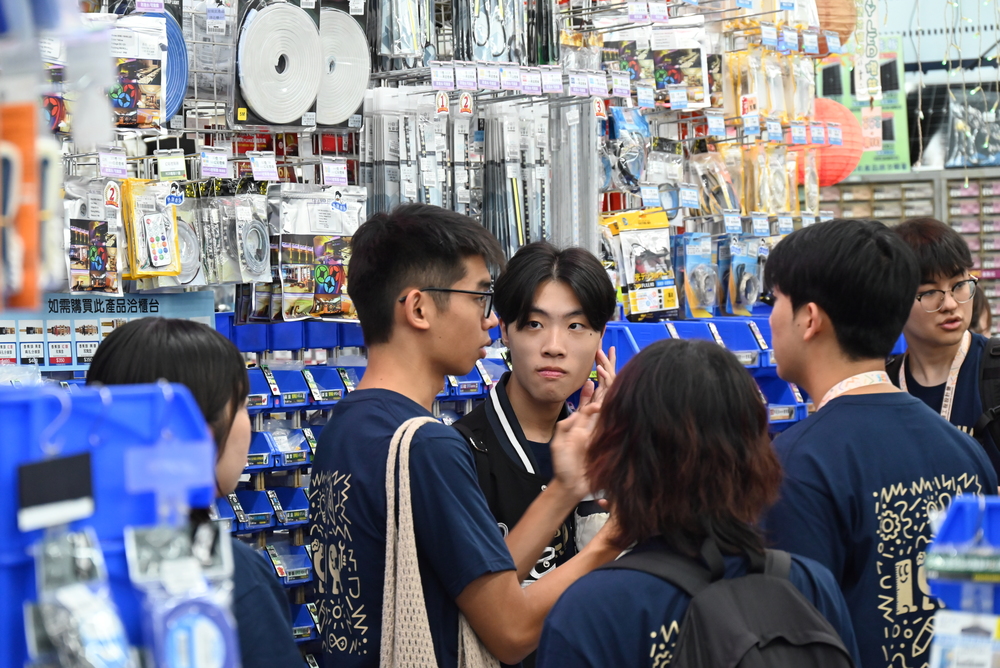
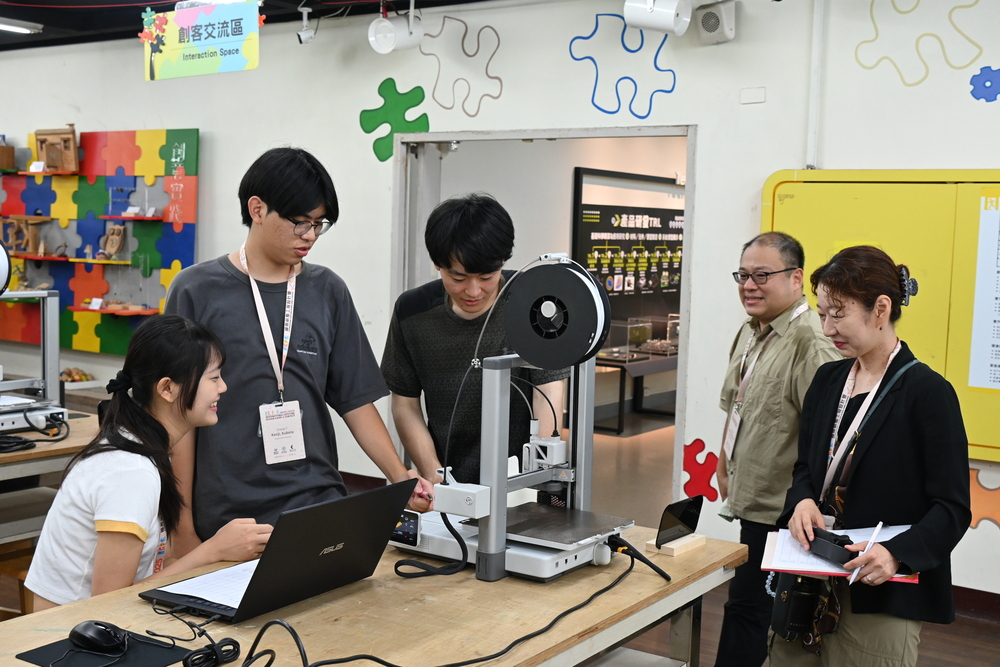
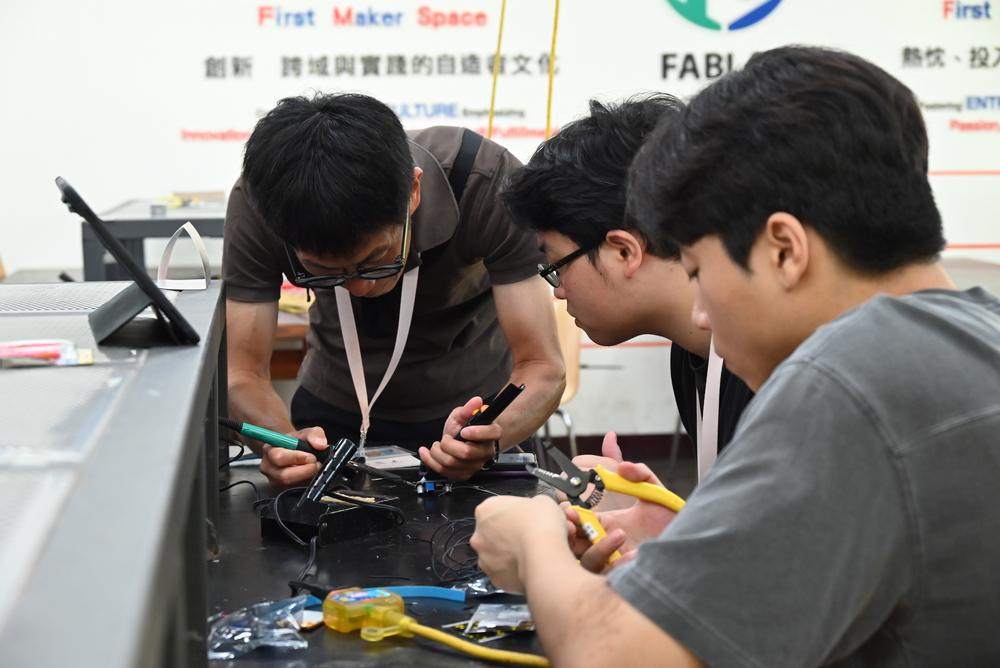
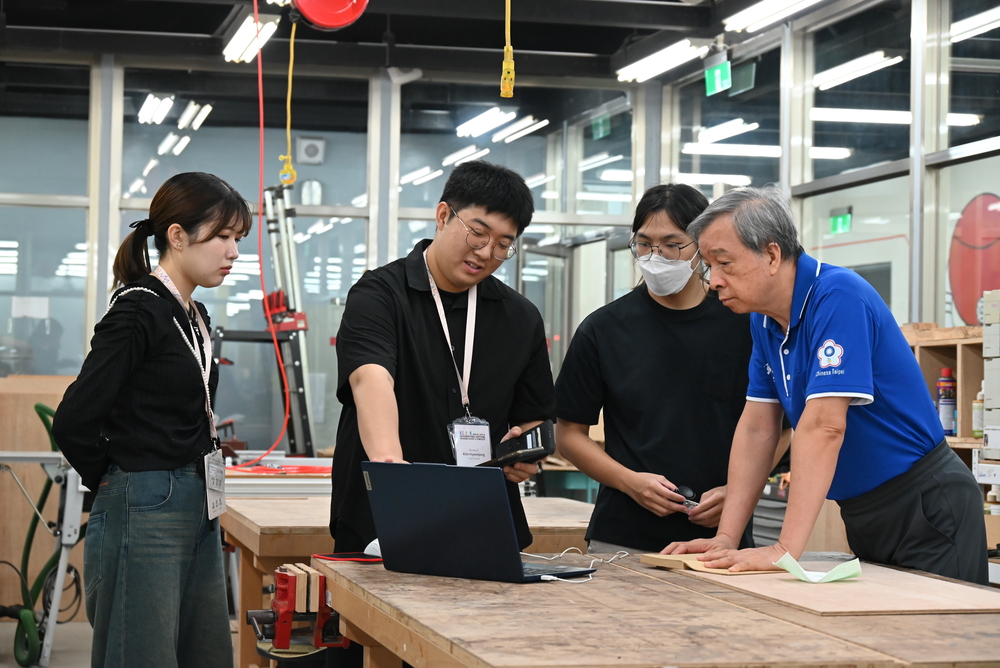
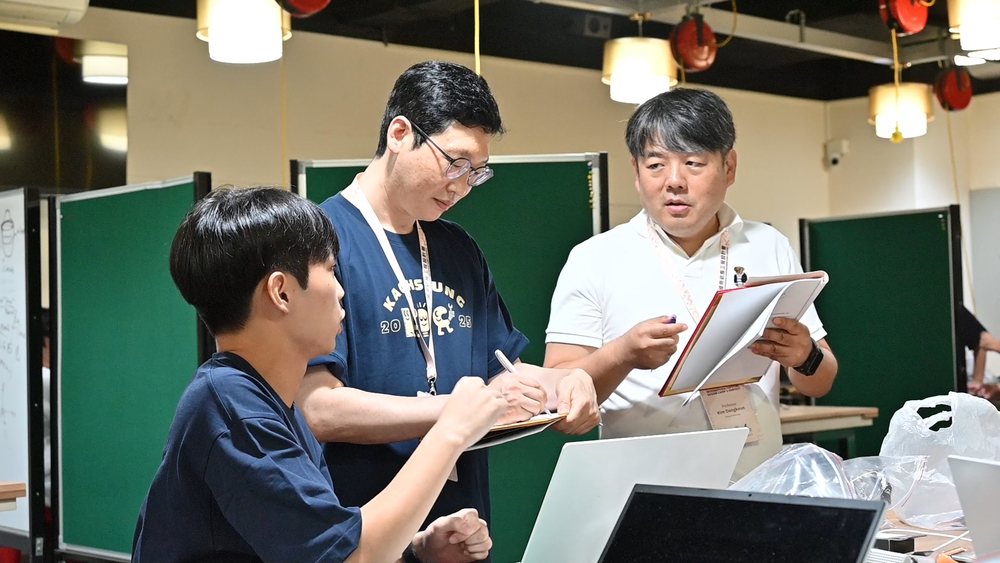
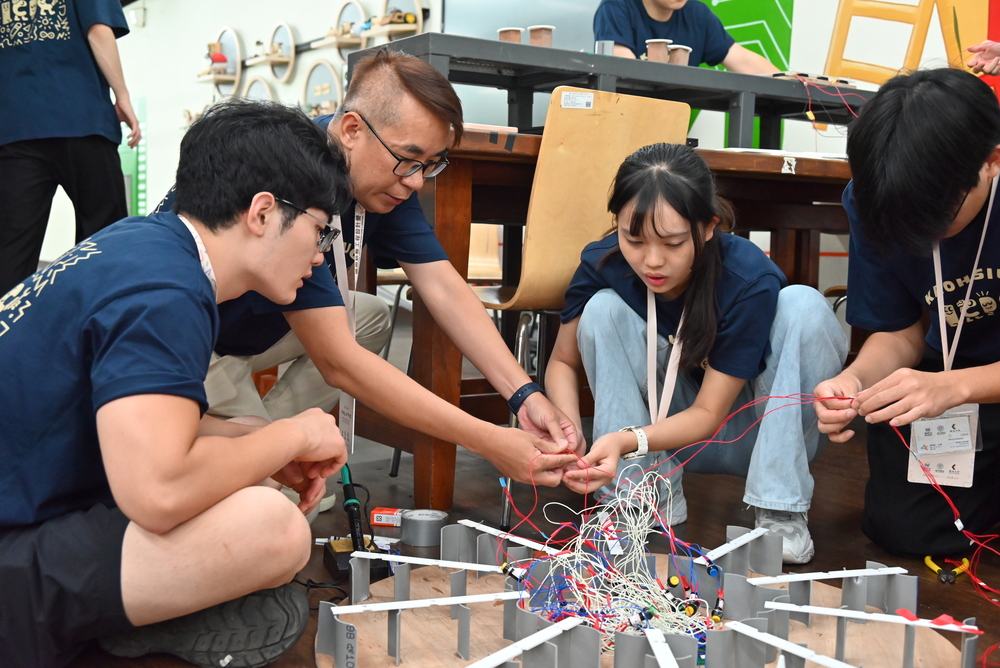
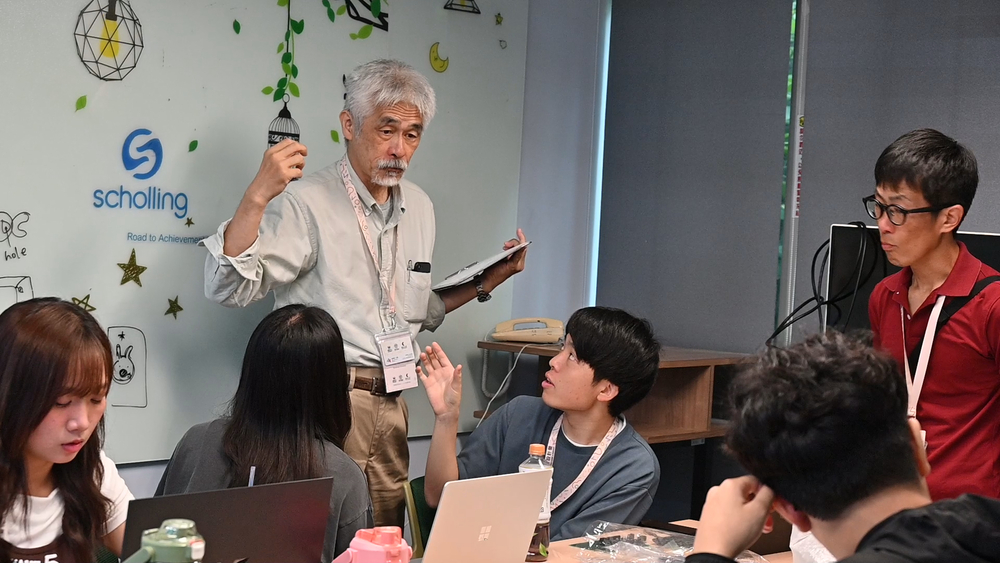
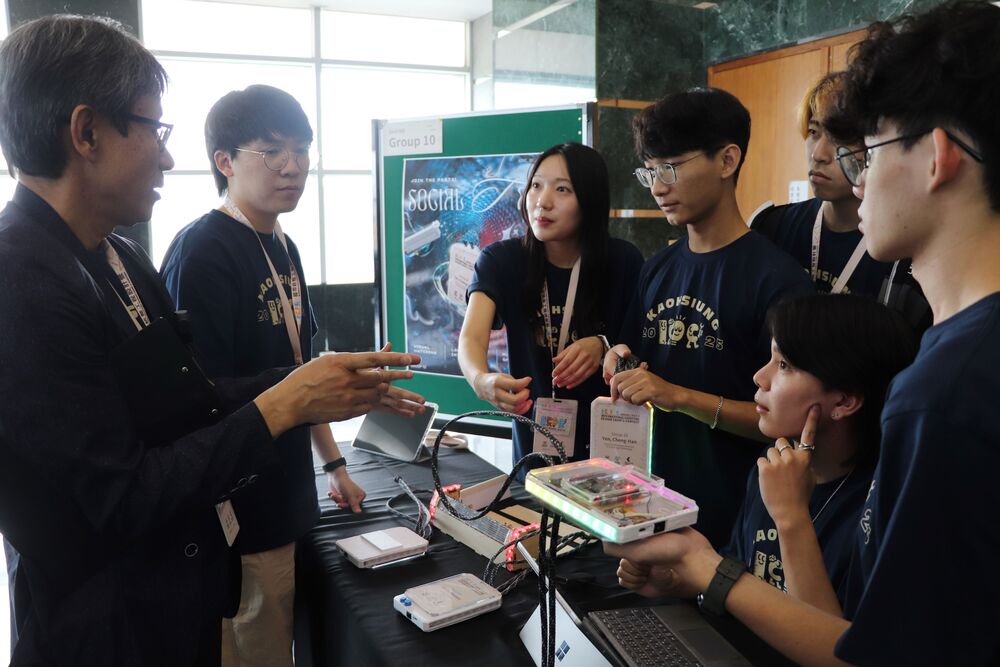
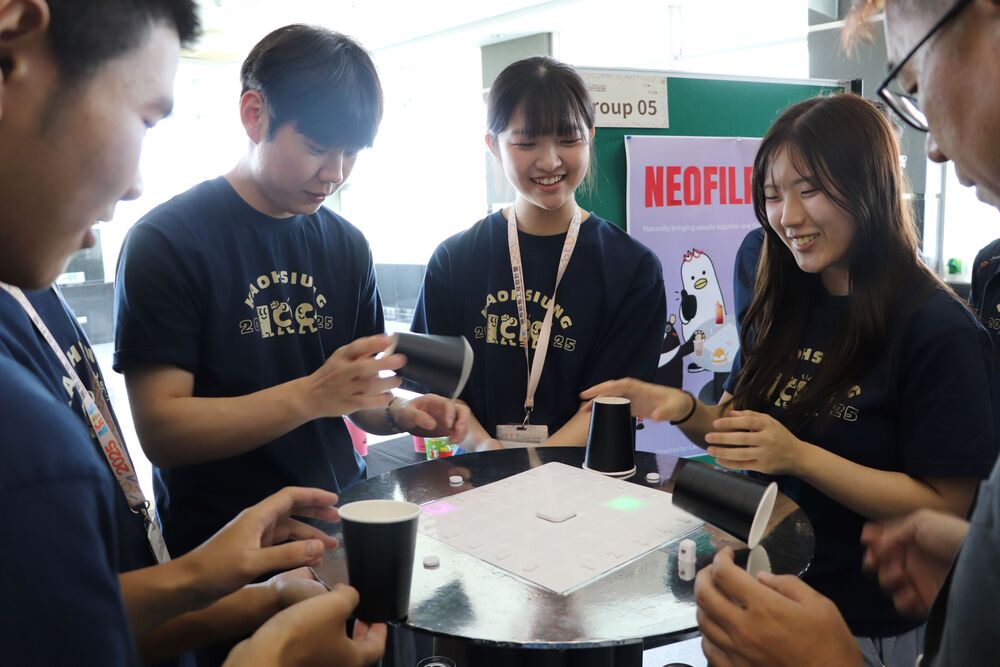
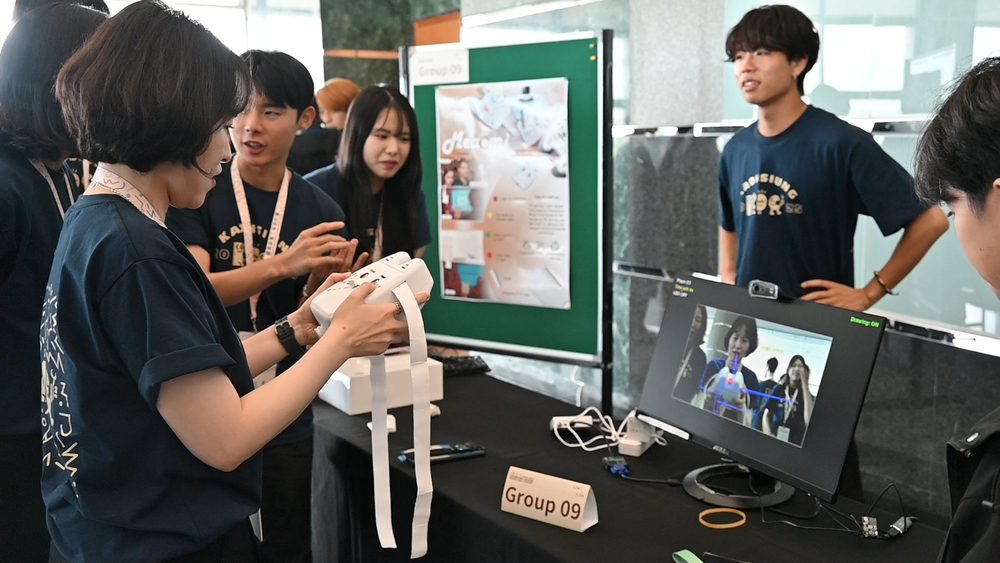
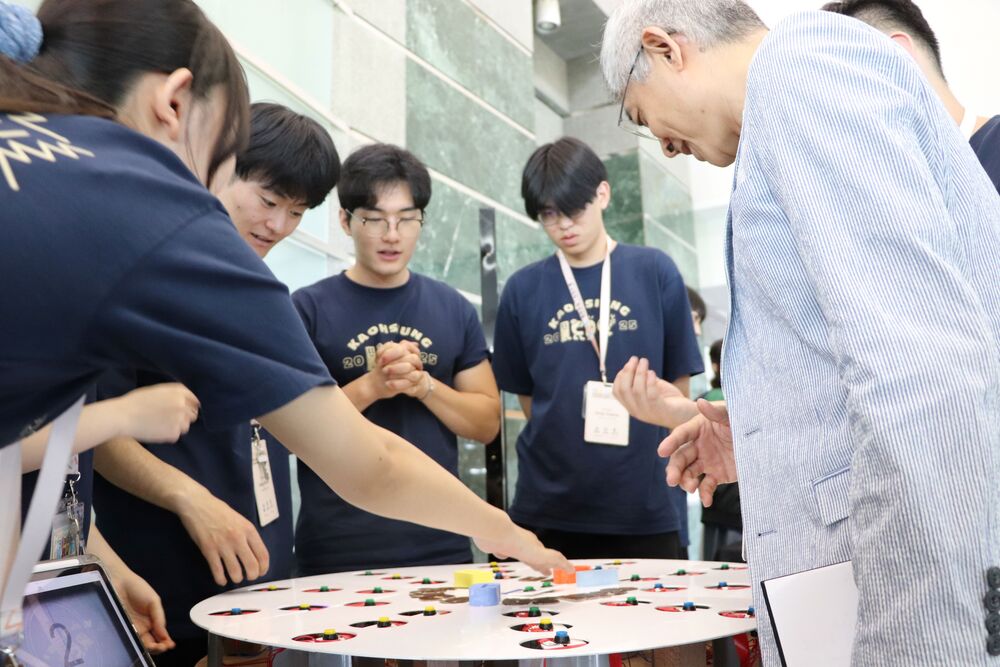
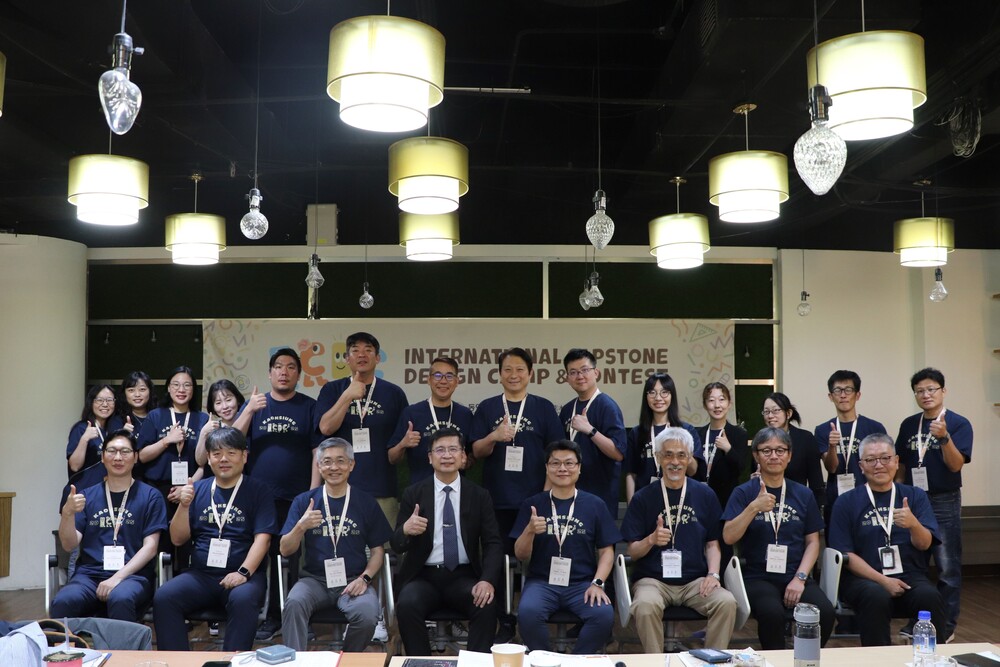
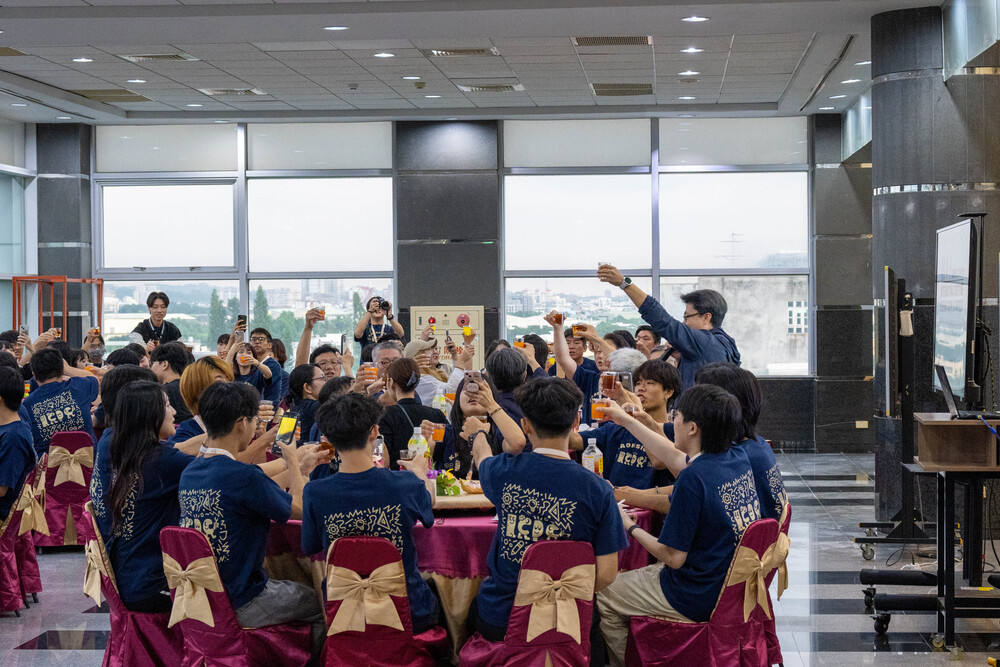
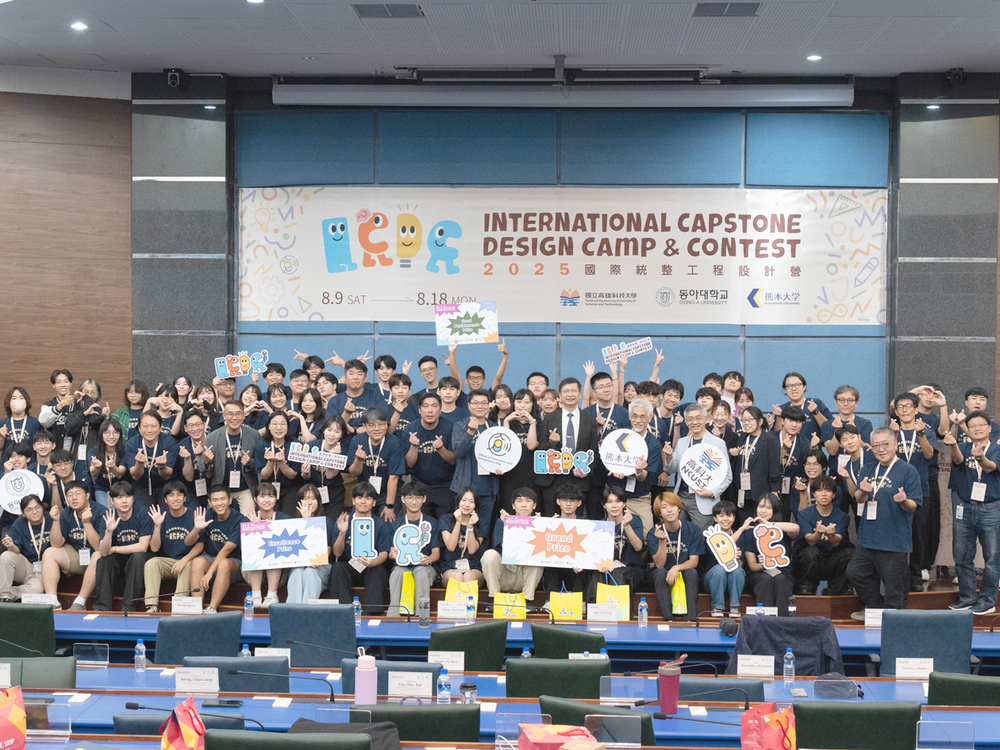
The 2025 International Capstone Design Camp & Contest (ICDC) is a cross-disciplinary engineering design camp spanning Taiwan, Japan, and Korea. This year, National Kaohsiung University of Science and Technology (NKUST) served as the rotating host institution, conducting an intensive 10-day camp activity from August 9th to August 18th. During a preparatory meeting in February at the beginning of the year, the teacher delegation from the three countries discussed and set "The interactive devices to enhance and energize a party event" as this year's design theme. Subsequently, through online meet-and-greets, various groups used social media software for discussions, including several consultations with professors to revise their proposals. Finally, in August, everyone gathered together during the summer vacation, sparking creativity and creating unforgettable memories.
During the camp, a significant challenge for all teams was how to transform creative ideas into actual working prototypes. Among these challenges, purchasing materials was a major hurdle. To meet the needs of each group, arrangements were made to purchase electronic components at the famous Changming Street in Kaohsiung. The design process, from concept to completion, required students to personally think, select, and procure the necessary materials. This seemingly simple task was, in reality, full of difficulties. Especially when students from the three countries jointly purchased items, they frequently encountered situations where ideal electronic parts were out of stock or unavailable on-site. This necessitated improvisation and redesigning solutions, which not only tested the students' problem-solving abilities but also taught the multinational teams how to flexibly respond to challenges through communication and cooperation.
After several days of intensive brainstorming and practical implementation, students designed various novel and interesting interactive devices to enhance party events. During the final presentations, they not only showcased their creative concepts but also demonstrated their finished products live, engaging in discussions with teachers from the three countries. This year, the team that secured the Grand Prize was “SOCIAL TAG”. This game facilitated Q&A interactions through color-based grouping, demonstrating outstanding performance from programming to prototype completion, earning unanimous approval from the judges. The Excellence Prize was awarded to two projects: "NEOFLIP 25" and "Drawing Party". NEOFLIP 25 designed a sensing device where players could pass the turn if they successfully flipped a cup and covered the sensor; failures resulted in penalties, adding tension and fun. Drawing Party was a drawing game similar to "story-telling relay," where players used a handheld device to draw in the air, with the image immediately appearing on the screen for the next team member to continue the creation. Finally, everyone collectively guessed the answer of the finished product, making the process joyful and full of surprises.
Each of the 10 designs on display was full of ingenuity and creativity. NKUST was led by Professor Yu, Jyh-cheng, with a team of 11 faculty members from various departments: Weng Chia-liang and Hsieh Ping-chuan from the Department of Construction Engineering; Cheng Jui-hung and Wang Hsin-te from the Department of Mold and Die Engineering; Hsueh Po-wen from the Department of Mechatronics Engineering; Chang Tie-huai from the Cross College Elite Tech program; Kung Ti-wan and Yeh Heng-chih from the Department of Industrial Design; and Lin Jiun-hung and Liu Shu-bai from the Department of Electronic Engineering. Kumamoto University, Japan, was led by Professor, Makoto, Takafuji from the Creative Engineering & Design Education Center, accompanied by 5 staff members. Dong-A University, Busan, Korea, was led by Professor Kim Dongkeon from the Innovation Center for Engineering Education, with 6 faculty members. Teachers from Taiwan, Japan, and Korea individually listened to student explanations and demonstrations, even personally experiencing the games and understanding the internal design of the devices, exchanging ideas for improvement. The atmosphere on-site was lively.
Since 2010, the ICDC camp was initially launched by Kumamoto University, Japan, and Dong-A University, Korea. NKUST, Taiwan, joined in 2015, and the camp has now spanned fifteen years. During this period, the camp was interrupted for two editions due to the pandemic, but it was restarted in 2023 by Dong-A University, Korea, meaning that the achievements of the thirteenth edition carried even more effort and perseverance.
Following 2019, the three countries once again converged at NKUST this year. This not only facilitated the exchange of engineering design experiences through hands-on activities but also provided an opportunity to delve into Kaohsiung's local cultural characteristics. It is worth noting that Professor Ohbuchi, Yoshifumi from Kumamoto University, Japan, one of the founding professors of the first ICDC in 2010, also visited Taiwan with the team this year. He is scheduled to retire in March next year, making the 2025 ICDC his last camp participation. The Kumamoto University team particularly expressed gratitude for Professor Ohbuchi's foresight back then, which fostered a long-lasting friendship among the universities of the three countries and allowed this highly educational camp to continue its development.
To commemorate this valuable journey of international collaboration, the Fi Lab (創夢工場) specially set up an ICDC 15th Anniversary Commemorative Wall, showcasing highlights from previous editions and NKUST's achievements in student cultivation. This summer's camp symbolizes the continuation of perseverance and passion, and it also announced that Dong-A University, Korea, will host the 2026 ICDC. Students from NKUST's College of Engineering, College of Intelligence Mechanical and Electrical Engineering, College of Electrical Engineering and Computer Science, College of Innovation and Design, and second- and third-year students from the Undifferentiated Department are encouraged to continue following the selection information to be announced by the Office of Innovation and Entrepreneurship Development next April to May.
